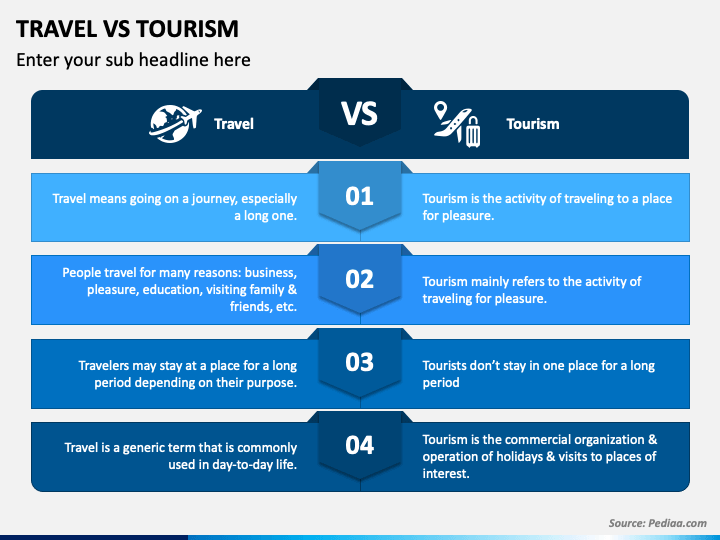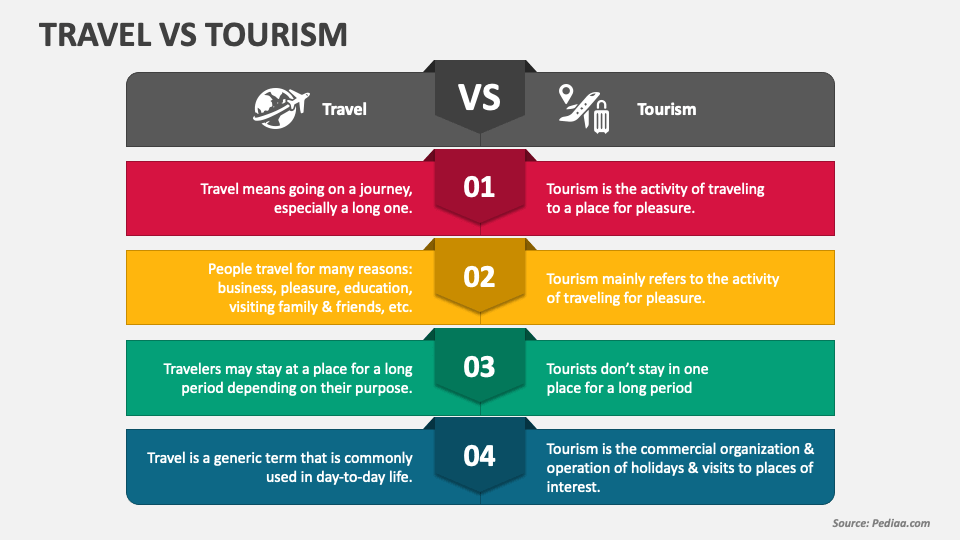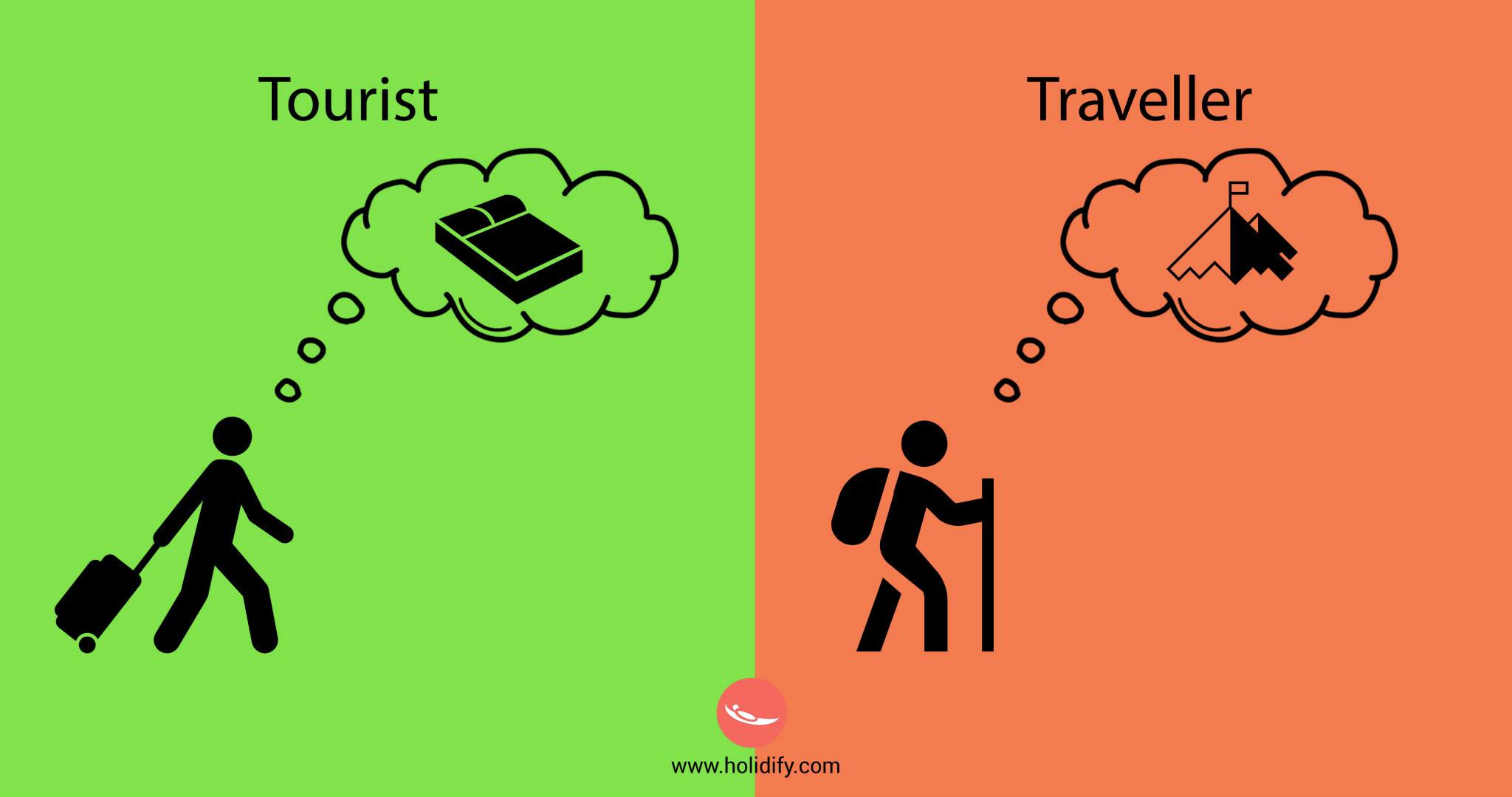Tourism Vs Travel: Understanding The Distinction
Share

In the world of wanderlust, the terms "tourism" and "travel" are often used interchangeably, yet they embody distinct experiences. Understanding the nuances between these two concepts can significantly enhance your next adventure. This article will explore the differences, highlight local attractions, cuisine, accommodations, and unique experiences that cater to both tourists and travelers.
Defining Tourism
Tourism typically refers to the act of visiting places for leisure, recreation, or business purposes. It often involves organized activities, guided tours, and a focus on popular attractions. Tourists usually seek out well-known landmarks, cultural experiences, and amenities that cater to their needs.

Local Attractions for Tourists
When it comes to tourism, certain destinations shine brightly. For instance, cities like Paris, Rome, and New York are magnets for tourists due to their iconic landmarks such as the Eiffel Tower, the Colosseum, and Times Square. These places offer a plethora of guided tours, museums, and attractions that are designed to provide a comprehensive experience of the locale.
Cuisine
Tourists often gravitate towards popular dining establishments that offer local cuisine in a familiar setting. In Paris, for example, you might find yourself dining at a bustling café enjoying a croissant or a classic French dish. In Rome, trattorias serve up authentic pasta dishes that are a must-try for any visitor.
Accommodations
Tourism-friendly accommodations range from luxury hotels to all-inclusive resorts. These establishments often provide amenities such as guided tours, concierge services, and easy access to local attractions. Booking a stay at a reputable hotel can enhance your experience, ensuring comfort and convenience during your visit. For great deals on hotels, check out Hotels & Flights.
Understanding Travel
Travel, on the other hand, is a broader concept that encompasses the act of moving from one place to another, often with a focus on personal growth, cultural immersion, and unique experiences. Travelers tend to seek out off-the-beaten-path destinations, engage with locals, and embrace the spontaneity of their journeys.

Unique Experiences for Travelers
For those who identify as travelers, the experience is often about connecting with the culture and people of a destination. Instead of visiting the Eiffel Tower, a traveler might explore the lesser-known neighborhoods of Paris, discovering hidden gems like local markets and street art. Engaging with local artisans or participating in community events can provide a deeper understanding of the culture.
Cuisine
Travelers often seek authentic culinary experiences that reflect the local culture. In Thailand, for instance, you might find yourself enjoying street food from a vendor, savoring the flavors of pad thai or mango sticky rice. This approach allows for a more genuine taste of the destination, often away from tourist traps.
Accommodations
Accommodations for travelers can vary widely, from hostels and guesthouses to homestays and eco-lodges. These options often provide a more intimate experience, allowing travelers to connect with their hosts and learn about the local way of life. For those looking for unique stays, consider booking through platforms that offer local accommodations.
The Balance Between Tourism and Travel
While tourism and travel may seem like opposing concepts, they can coexist beautifully. Many travelers appreciate the convenience of tourist attractions while also seeking out authentic experiences. The key is to strike a balance that allows for both enjoyment and discovery.

Tips for Finding the Right Balance
-
Research Your Destination: Before you go, spend time learning about the local culture, customs, and hidden gems. This will help you plan a trip that includes both popular attractions and unique experiences.
-
Engage with Locals: Whether through guided tours or casual conversations, connecting with locals can provide insights that enhance your understanding of the destination.
-
Be Open to Spontaneity: While it’s great to have a plan, allow for flexibility in your itinerary. Some of the best experiences come from unplanned adventures.
-
Choose Accommodations Wisely: Consider staying in a mix of tourist-friendly hotels and local guesthouses to experience both comfort and authenticity. For great deals on accommodations, visit Hotels & Flights.
-
Try Local Cuisine: Don’t just stick to popular restaurants; venture into local eateries and street food stalls to truly taste the culture.
Conclusion
Understanding the difference between tourism and travel can significantly enhance your experiences. Whether you prefer the structured environment of tourism or the immersive nature of travel, both offer unique opportunities to learn and grow. By balancing the two, you can create a memorable experience that resonates long after your journey ends.
For your next adventure, consider booking your accommodations and flights through Hotels & Flights and arrange for convenient transfers with Transfers to ensure a smooth and enjoyable trip. Happy travels!




